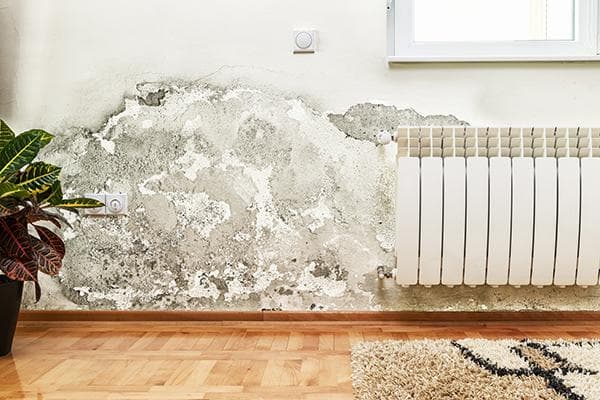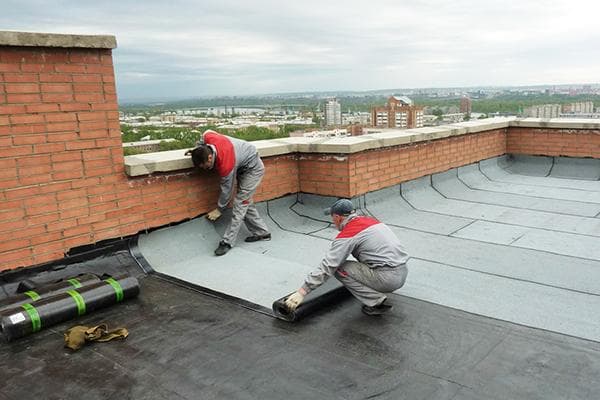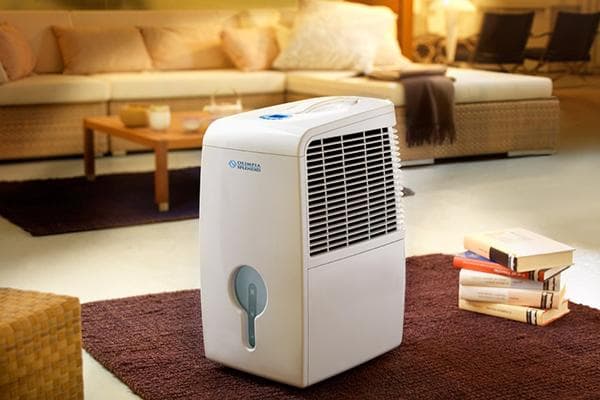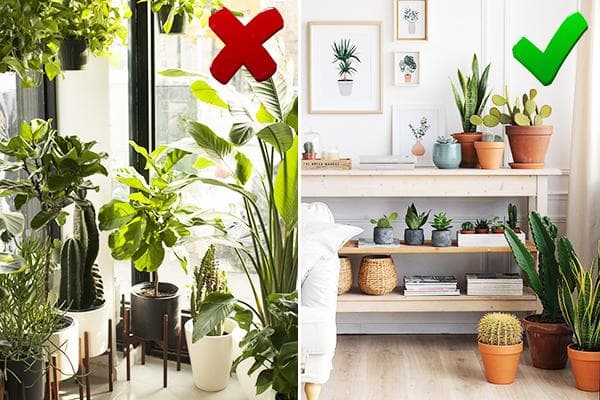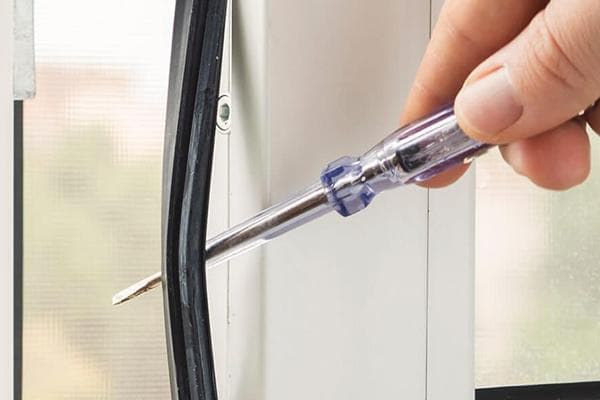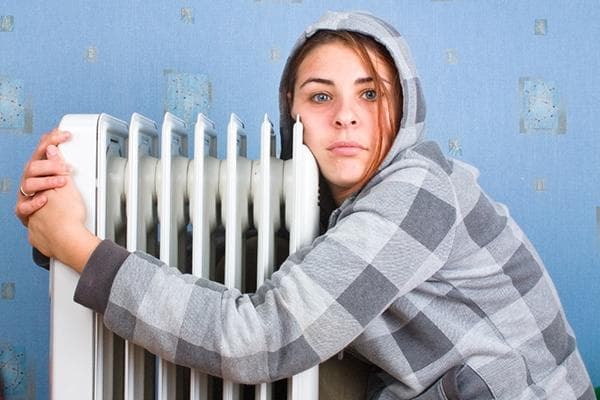How to reduce humidity in the house: simple but important tips
If the humidity in the room exceeds the norm, it is necessary to reduce it as soon as possible after identifying the problem. After all, dampness can not only significantly spoil the appearance of the room and furniture. Moisture is mold's favorite friend, and in warm conditions mold will bloom wildly. Well, if the house is damp and cold, then you can seriously spoil your health with joint diseases, colds and sore throats.
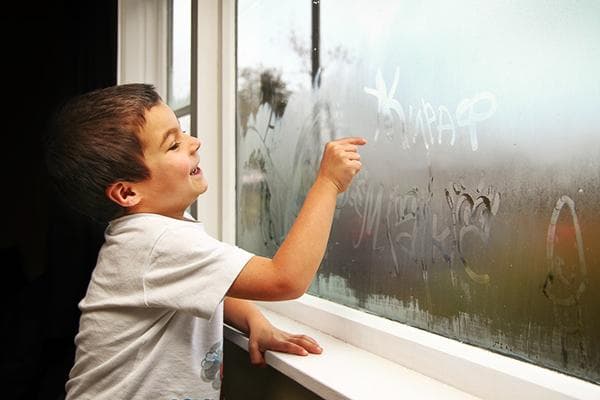
Where does excess moisture in the air come from?
First of all, it is necessary to determine the cause of the discomfort:
- Most often, the main factor behind high humidity in a house or apartment is weather conditions. Due to the difference in temperature indoors and outdoors, condensation may form on the windows, which accumulates on the window sills and in hard-to-reach corners of the frames. This is where mold islands appear first.
- Moisture can penetrate from the outside due to errors in the layout of the building or defects in the finishing of the room. It is quite possible that the roof of the apartment is simply leaking or the neighbors above are constantly flooding.
- Often high humidity is the cause of a leaking faucet in the bathroom or kitchen, especially if the hot water valve has failed.
- Air humidity increases significantly if something is constantly being cooked or fried in the room or next to it, or clothes are dried here (on a dryer, on a radiator).
- A poorly configured ventilation system can also be a source of dampness.
There is a simple way to check whether the reasons are external or whether dampness appears indoors. You need to take a small piece of ordinary glass and firmly fix it on the wall adjacent to the street. If droplets of moisture form on the outer surface of the glass, closer to the wall, then the problem is coming from outside. Condensation on the inner surface will indicate “apartment” troubles.
Why is constant dampness in the house dangerous?
With high humidity, living in an apartment will be at least uncomfortable. More serious problems can be expected if you let the situation take its course and rely on “maybe”:
- Wallpaper that has peeled off due to high humidity and layers of plaster that have fallen off will definitely not add beauty to the room.
- The wooden floors will begin to creak treacherously (but no one will be able to sneak up from behind).
- Wooden furniture will swell and doors will no longer close tightly.
- Ceilings and walls will acquire additional “decorative” elements in the form of mold colonies.
- Non-galvanized metal objects will be covered with noble rust.
- Allergic conditions (rhinitis, pharyngitis, asthma) will worsen unacceptably often.
- Moisture promotes the rapid proliferation of pathogenic microorganisms, including Mycobacterium tuberculosis, which is definitely not something anyone is happy about.
- A heavy “basement” smell will appear in the apartment, even despite living in the loft of a 16-story building.
What can be done?
Let's start with labor-intensive and expensive, but effective ways to get rid of dampness. The situation must be resolved based on the source of high humidity.
- If the roof of an apartment building is leaking, and you live on the top floor, then in most cases the utility workers must fix the problem.The same applies to a flooded basement (although it will be more expensive, it will be faster to install waterproofing materials, but this risks major renovations of the apartment).
- If the integrity of the walls is damaged, and you live on the ground floor, you can apply a water-repellent primer or paint to the outside of the wall, and then cover the façade with foam plastic boards.
- The ventilation in an apartment building cannot be corrected, so you can install your own hood, popularly called an “alpine vent.” The valve with a plug must be installed on top of the window opening.
- If your budget allows, you can buy special dehumidifiers or adsorption tablets.
Simple but true ways
If everything is in order with the walls, ceilings and ventilation, then you need to get rid of “home” sources of dampness.
- You yourself or with the help of a plumber need to inspect all the pipes of the heating and sewer system. If there is a defect, the unusable element must be replaced immediately.
- Aquarium fish lovers should purchase a special lid for the tank with the inhabitants of rivers and seas.
- You should not build a greenhouse in your apartment: flowers, like all living substances, evaporate excess water. It may be worth reducing the number of plants or replacing them with ones that absorb more water than evaporate.
- Those who do not have extra space for drying clothes will have a more difficult time. Perhaps, in this case, it is worth washing more often, but fewer clothes, rather than accumulating pyramids of dirty laundry and having a huge wash once a month.
- After taking a bath, shower or washing, the bathroom door should be left open for a while.
- The rubber seal on the glass unit also needs to be checked periodically.If it is dense and crumbles, then it needs to be replaced. If problems begin, it is better to lubricate it with silicone to increase further service life.
- Regular ventilation and free access to sunlight will help get rid of excess moisture surprisingly effectively.
- In the spring and autumn months, when the heating is not yet working, but it is already cold outside, the air needs to be warmed up with heating devices.
Unfortunately, it is not always possible to cope with excess humidity on your own. But the main thing is not to despair and, if necessary, contact the management company or utility services. You can cooperate with your neighbors and together insist that the necessary repairs be carried out. In the meantime, the problem is not solved once and for all, the tips given above will help you.
